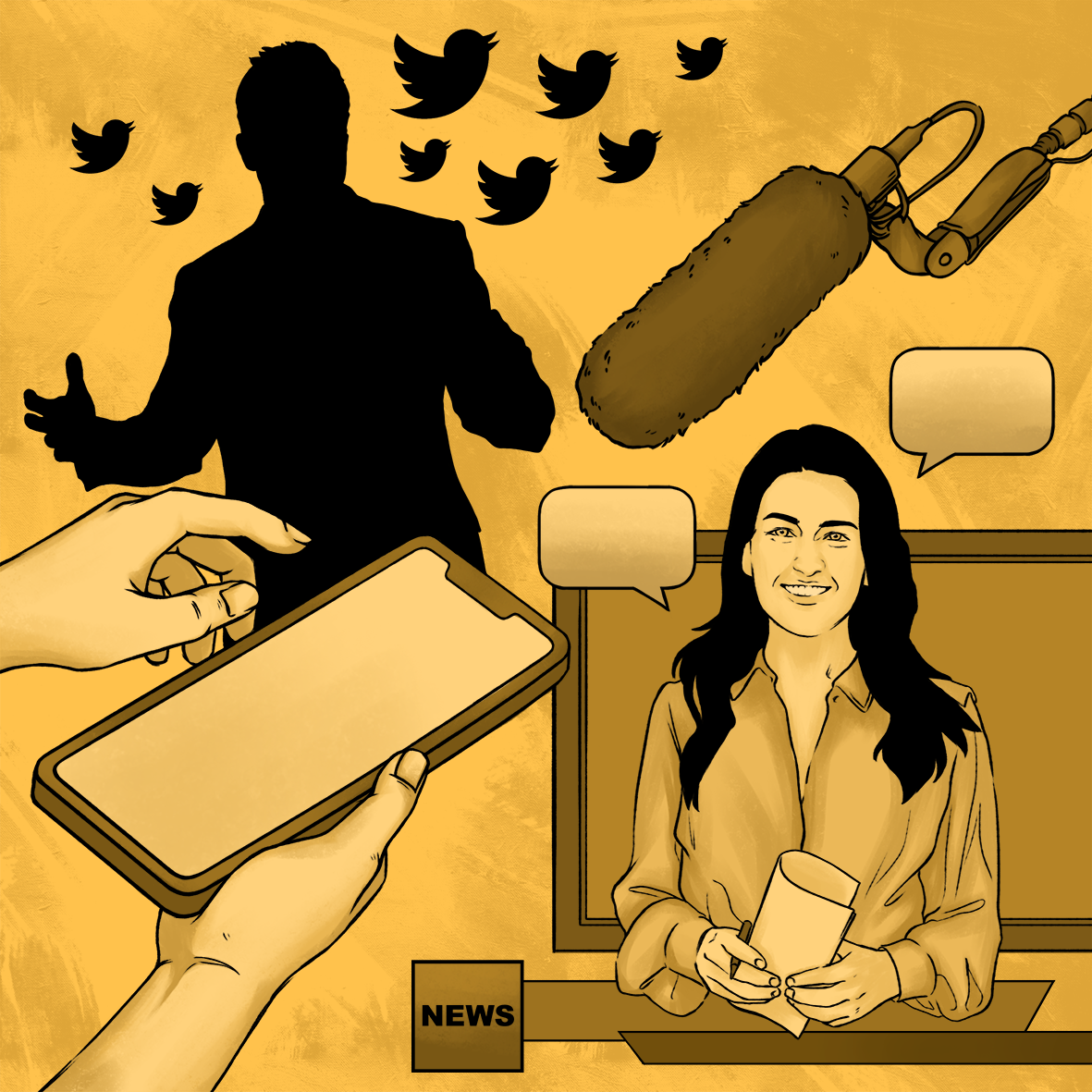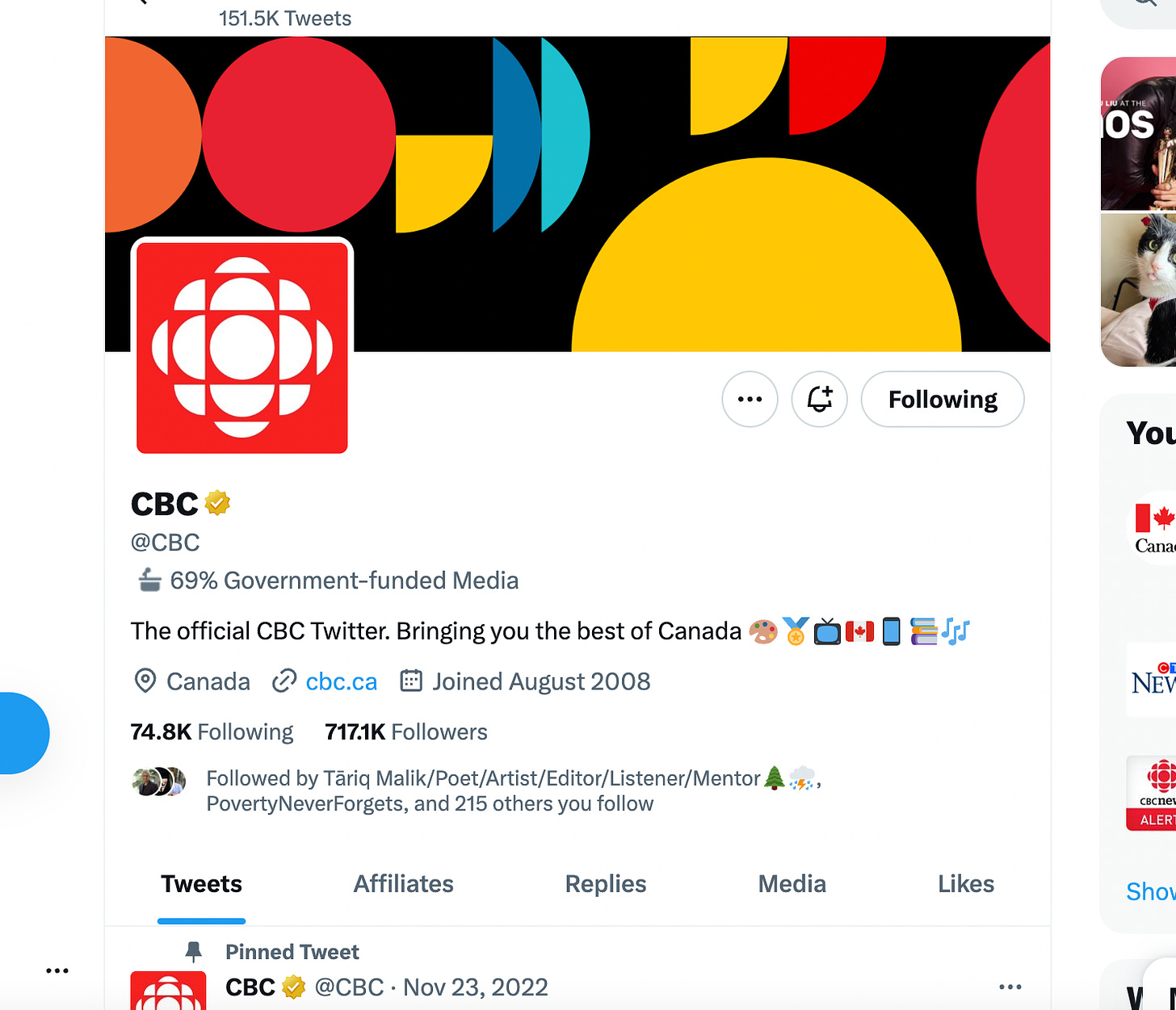Billionaires vs. Broadcasters (Column)
What does it mean when the world's second richest man launches juvenile '69' jokes at a national broadcaster? Well, it ain't good.
By Leah Eichler,
Years ago, I ran the Reuters Online Newsroom, a global operation that determined what news we produced would find its way somewhere on the Internet. It was a 24-hour news operation that followed the sun, which meant I would regularly visit our overnight crew covering Asia, or the early morning crew covering Europe. It was exhausting, and I loved it.
One evening, I treated myself to a massage and the therapist asked me what I did for a living. I told him, and he was immediately enthralled, as if he were poking the shoulders of the illuminati.
Therapist: So tell me about all the stories you don’t publish.
Me: I’m not sure I understand the question.
Therapist: What are the big stories that those above you tell you not to run?
Me: I’m not sure you understand what it means to be a journalist. Our goal is to convey information, not keep it. We want to tell stories. No one has ever told me not to run a story.
I tried to remain hushed for the duration, despite his persistence in asking me about chemtrails and other conspiracies that he was certain I had insider information on.
That was in 2011, and trust in the media, while arguably never very strong, has taken a nosedive since then. Every time I heard the term fake news, I felt like someone was stabbing me with a fork.
I don’t see it improving, but this week, that fork in my side felt more like a dagger when Elon Musk, the billionaire owner of a major media company, Twitter, decided to add the juvenile moniker “69% Government-funded Media” to the CBC’s profile.
That was Monday and this is Sunday, so that’s something like a hundred years for a person like Musk, who has since dropped the label from the CBC’s page — as well as the BBC’s, NPR’s, and others. Could he have removed it after rethinking his position on these valued institutions? Maybe. Could he be worrying about the impact on future revenue? This brouhaha coincided with the removal of the fabled blue checkmark, which also hurts journalists (see: Elon Musk Needs Journalists More Than They Need Twitter.) Again, maybe.
Or maybe not. According to the Globe and Mail, their email request for comment last week was returned with a poop emoji, so you decide.
Many have weighed in on on the accuracy of the description “state sponsored,” so I will avoid that mousetrap. Is it government-funded? Yes. Does it have editorial independence? Also yes.
Is there a correlation between well-funded public media and democracy? Of course there is. If you feel like geeking out, here is some data from the Neiman Lab, which ultimately asks the question: “Is America a “flawed” democracy because we don’t fund public media? Or does America not fund public media because we’re a flawed democracy?” (Read it and I’m willing to bet you have already put more thought into the issue than Musk has with his ad hoc descriptions of institutions that help safeguard democracy.)







